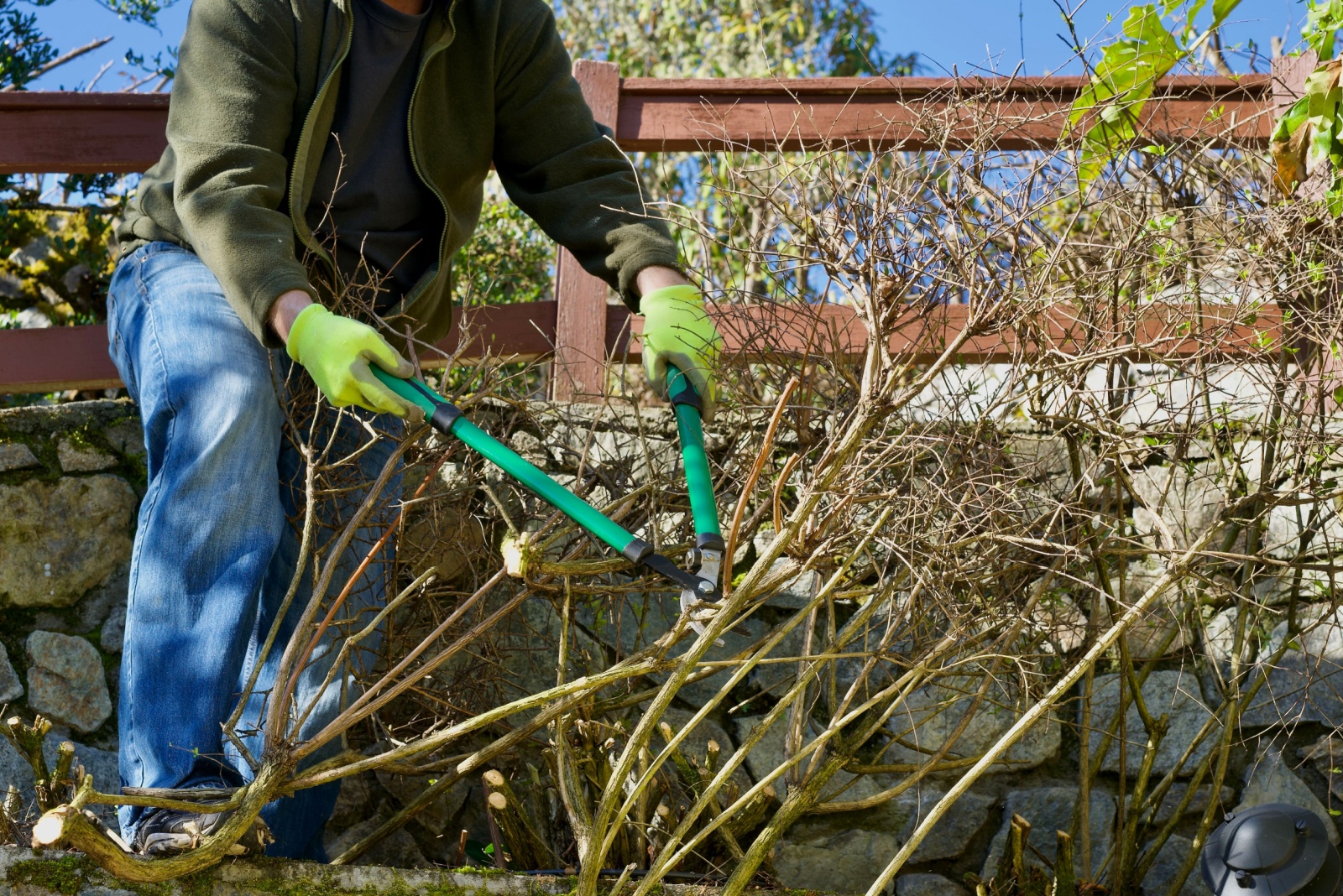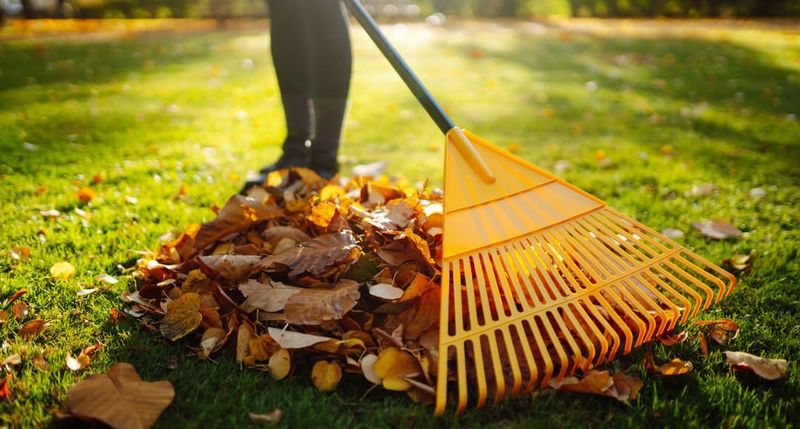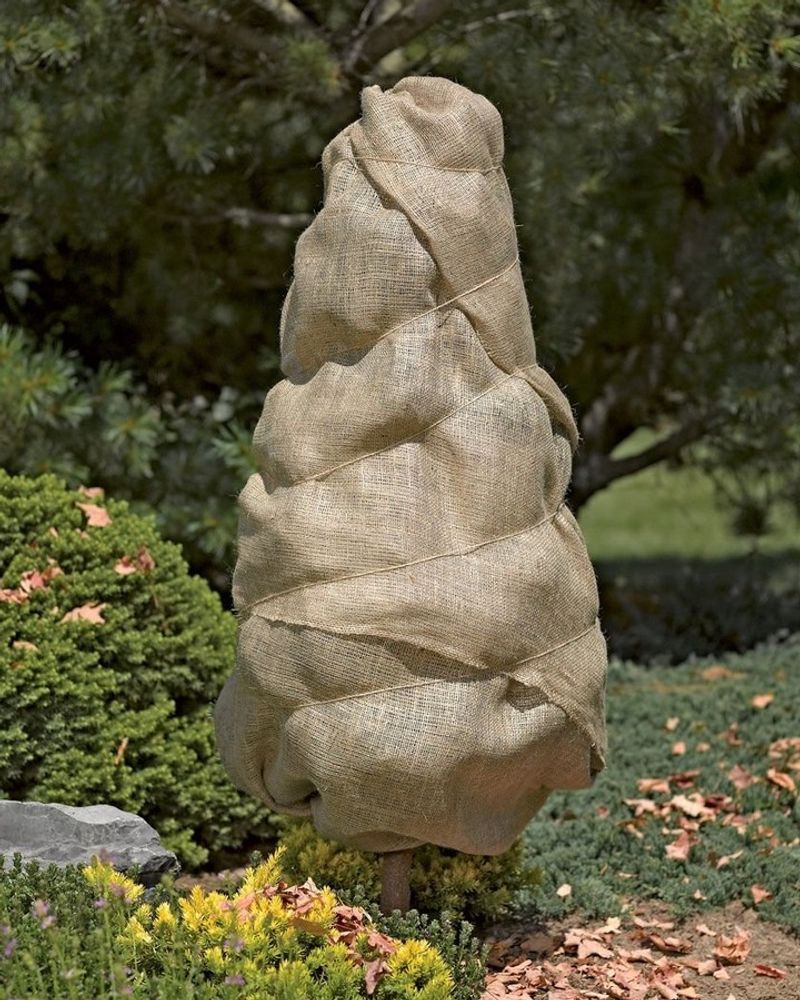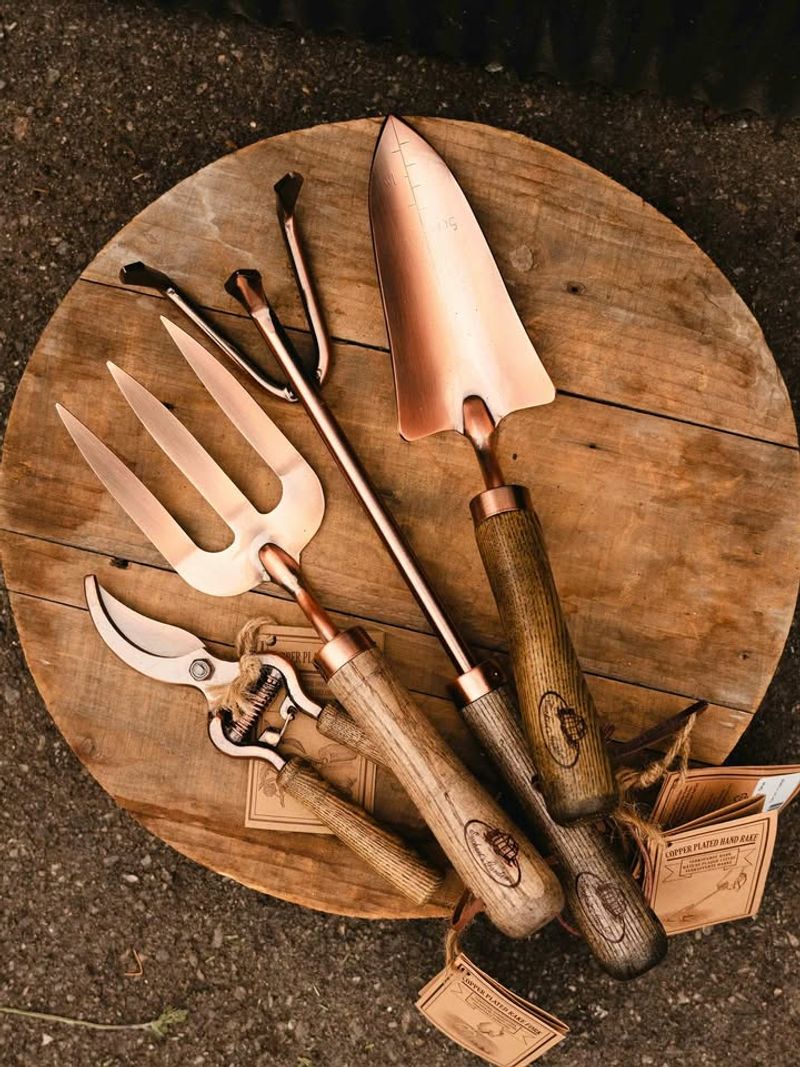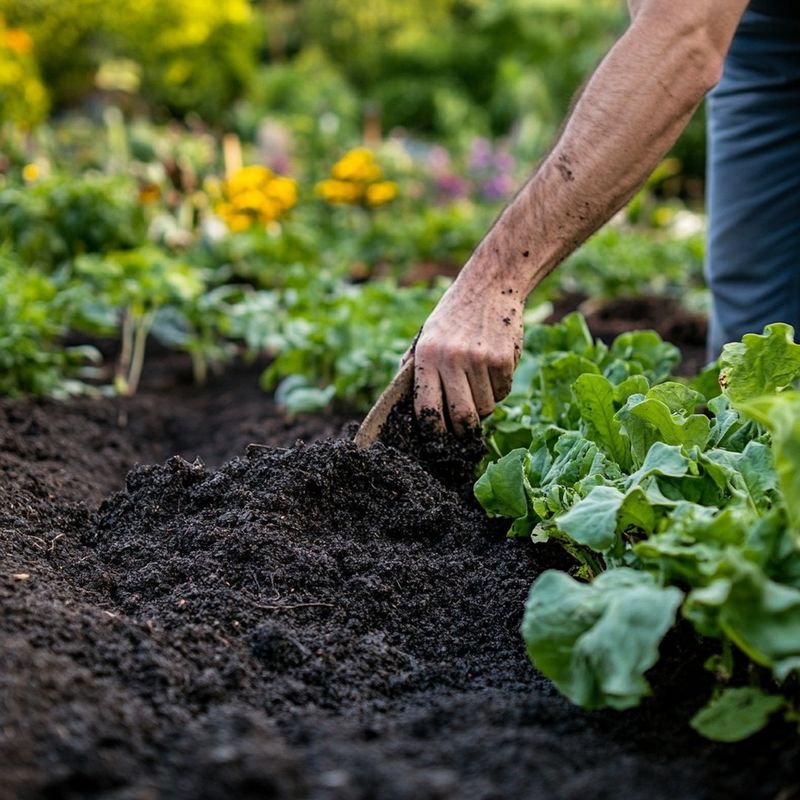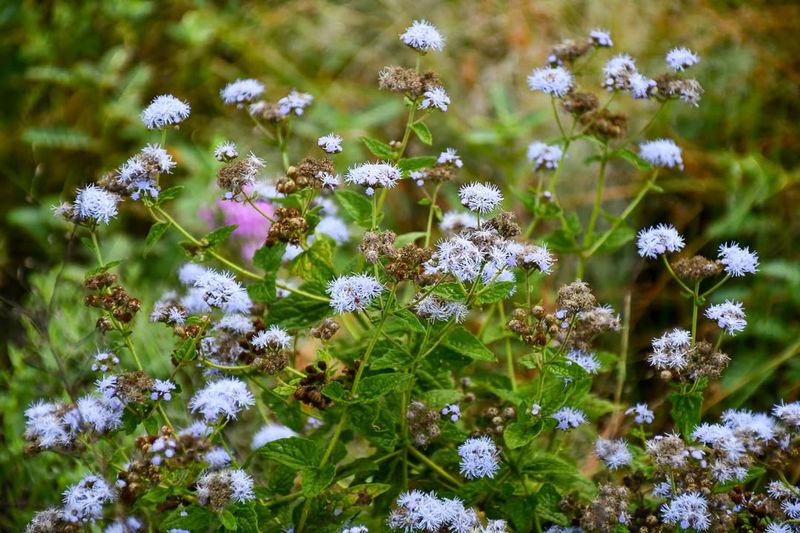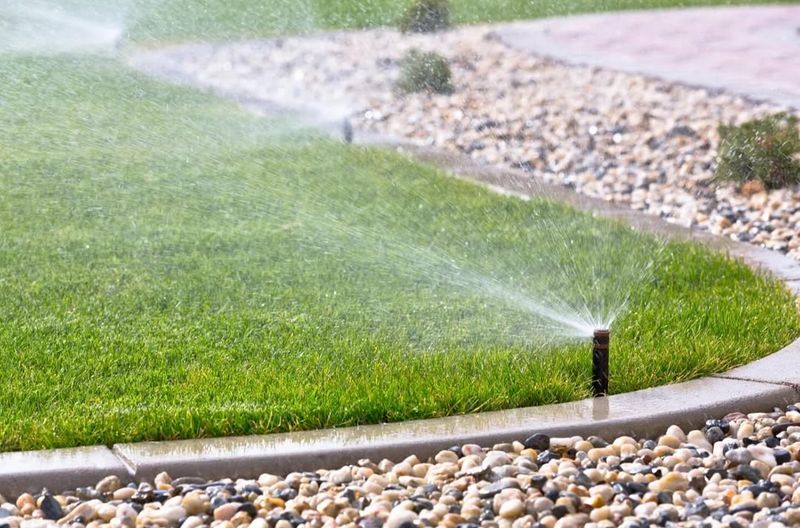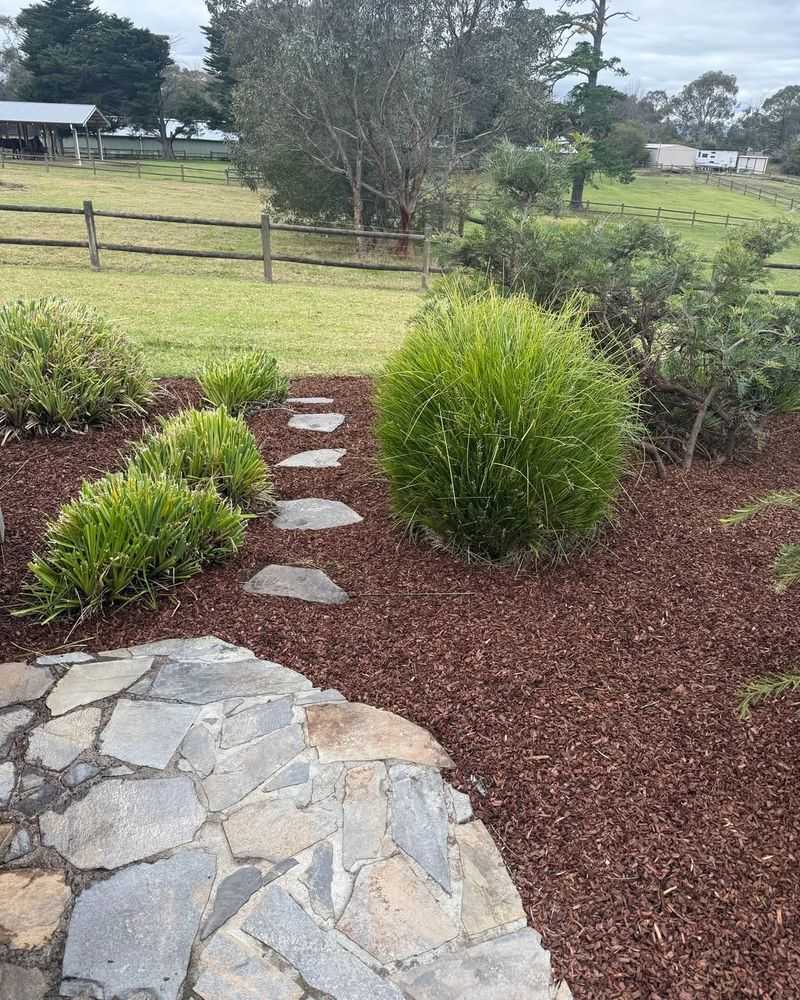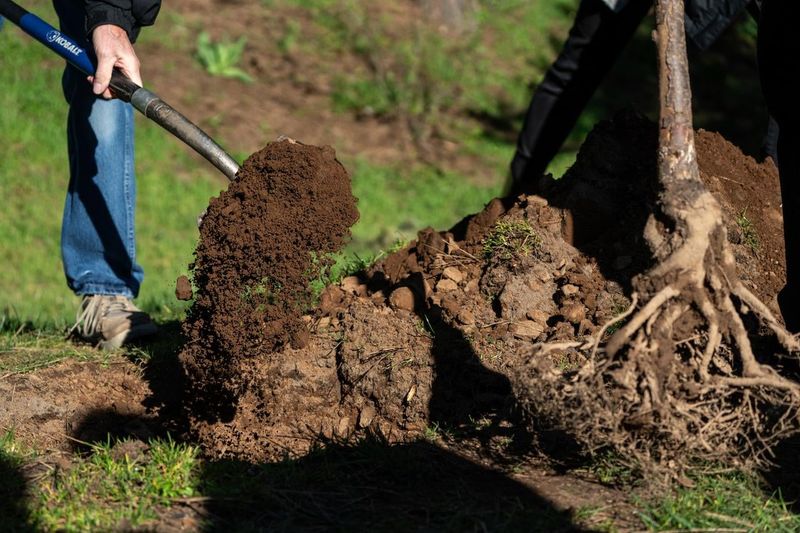The growing season may be wrapping up, but November is far from an “off” month for Pennsylvania gardeners. This is your chance to tuck your landscape in for the winter, preserve soil health, and protect tender plants from harsh weather.
With the right steps now, your spring garden will thank you. These are 9 key tasks to take care of before the first deep freeze.
1. Plant Spring-Blooming Bulbs
Before the ground freezes solid, you still have time to tuck tulip, daffodil, and crocus bulbs into the soil. Pennsylvania’s November weather gives you a narrow window to get these beauties planted.
Choose a sunny spot with good drainage and plant bulbs about three times deeper than their height. Cover them with mulch after planting to protect against temperature swings. Your reward arrives in spring when colorful flowers brighten your yard after the long winter.
2. Rake And Remove Fallen Leaves
Thick layers of wet leaves can smother your lawn and create perfect hiding spots for pests and diseases. Pennsylvania’s abundant trees drop tons of leaves each fall, making this job essential.
Rake leaves off grass areas regularly to prevent brown patches from forming underneath. You can add collected leaves to your compost pile or use them as mulch around trees and shrubs. Some homeowners mulch leaves with a mower, which chops them into tiny pieces that decompose quickly.
3. Protect Tender Plants From Frost
Cold snaps can arrive suddenly in Pennsylvania during November, threatening plants that cannot handle freezing temperatures. Roses, hydrangeas, and newly planted shrubs need extra protection now.
Wrap burlap around sensitive plants or cover them with frost blankets on especially cold nights. Add a thick layer of mulch around the base of plants to insulate roots from temperature drops. Container plants should be moved to sheltered locations like garages or covered porches before hard freezes hit.
4. Clean And Store Garden Tools
Your shovels, rakes, and pruners have worked hard all season and deserve proper care before winter storage. Dirty, rusty tools will not work well next spring and might need replacing.
Scrub off dirt and debris, then dry tools completely to prevent rust formation. Sharpen blade edges on pruners and hoes so they’re ready to use immediately next year. Rub wooden handles with linseed oil and coat metal parts with a thin layer of oil before storing everything in a dry shed or garage.
5. Add Compost To Garden Beds
Enriching your soil now gives it months to absorb nutrients before planting season returns. November is an ideal time because you’ve finished harvesting and the beds sit empty.
Spread a two to three-inch layer of finished compost or aged manure across vegetable gardens and flower beds. Work it gently into the top few inches of soil with a garden fork. Winter weather will help break down organic matter further, creating rich, fertile soil that produces healthier plants and bigger harvests next growing season.
6. Trim Back Perennials
Many perennial plants benefit from being cut back after they’ve finished blooming and started dying back naturally. Pennsylvania’s November timing works perfectly for this cleanup task.
Use clean, sharp pruners to cut dead stems down to just a few inches above ground level. Leave ornamental grasses standing through winter for visual interest and wildlife habitat. Remove any diseased plant material completely from your property rather than composting it. Cutting back perennials reduces hiding places for pests and helps gardens look tidy during winter months.
7. Drain And Winterize Irrigation Systems
Water left inside hoses, sprinklers, and irrigation lines will freeze and expand, causing expensive damage to your watering system. Pennsylvania winters are cold enough to burst pipes and crack fittings.
Disconnect all hoses from outdoor faucets and drain them completely before coiling for storage. Turn off water to outdoor spigots if possible and drain the lines. For in-ground sprinkler systems, either blow out the lines with compressed air or hire a professional to winterize everything properly before temperatures drop below freezing regularly.
8. Apply Winter Mulch To Beds
A fresh layer of mulch acts like a warm blanket for your Pennsylvania garden, protecting plant roots from harsh temperature swings throughout winter. Wait until after the first hard freeze to apply it.
Spread two to four inches of shredded bark, wood chips, or straw around perennials, shrubs, and trees. Keep mulch a few inches away from plant stems and tree trunks to prevent rot problems. Proper mulching moderates soil temperature, prevents frost heaving, and reduces weed growth when spring arrives, giving your plants a healthier start next year.
9. Plant Trees And Shrubs
Believe it or not, November is actually an excellent time to plant woody plants in Pennsylvania. Cooler temperatures mean less stress on new plantings, and roots establish before winter dormancy.
Dig holes twice as wide as the root ball but no deeper, and water thoroughly after planting. Add mulch around the base, keeping it away from the trunk. Trees and shrubs planted now focus energy on root development rather than top growth. By spring, they’ll have strong root systems ready to support vigorous growth when warm weather returns.

